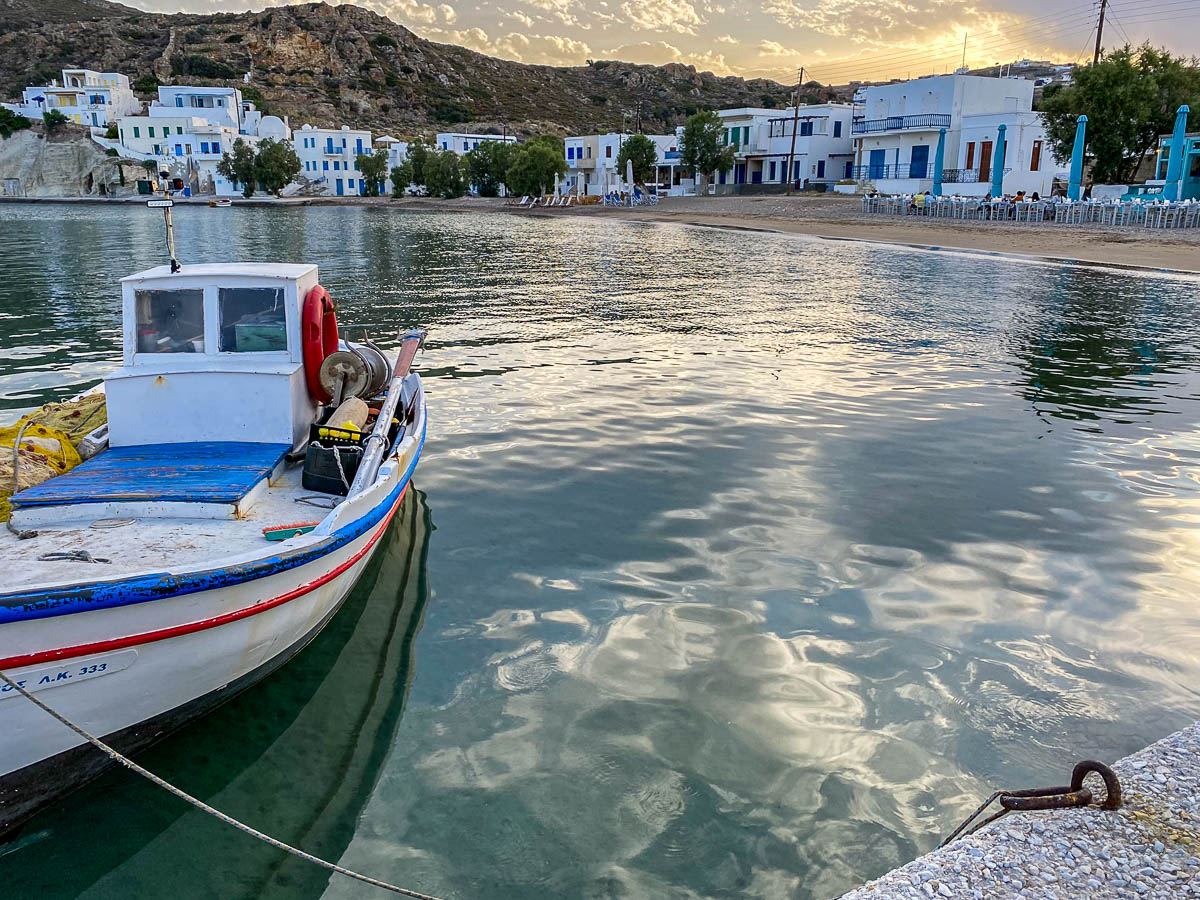Getting to Syros
You can reach Syros either by air or by ferry.
By Air: Syros Island National Airport (JSY) has limited flights, mainly connecting through Athens. The flight from Athens takes about 30 minutes.
By Ferry from Athens: Ferries from Piraeus are the most common option. Travel time ranges from 2.5 to 4 hours, depending on the type of ferry.
From Nearby Islands: Syros is easily accessible by ferry from Mykonos, Paros, Naxos, and other Cycladic islands, with travel times of 1–2 hours.
Getting to Paros
You can reach Paros easily by air or ferry.
By Air: Paros National Airport (PAS) offers direct flights from Athens, with a short flight time of about 40 minutes. In summer, there are also limited direct flights from some European cities.
By Ferry from Athens: Ferries depart from Piraeus and Rafina. Depending on the ferry type (fast or regular), the trip takes 2.5 to 4 hours.
From Nearby Islands: Paros is a major Cyclades hub, with frequent ferries to and from Mykonos, Naxos, Santorini, Syros, and many others, usually within 30 minutes to 2 hours.


